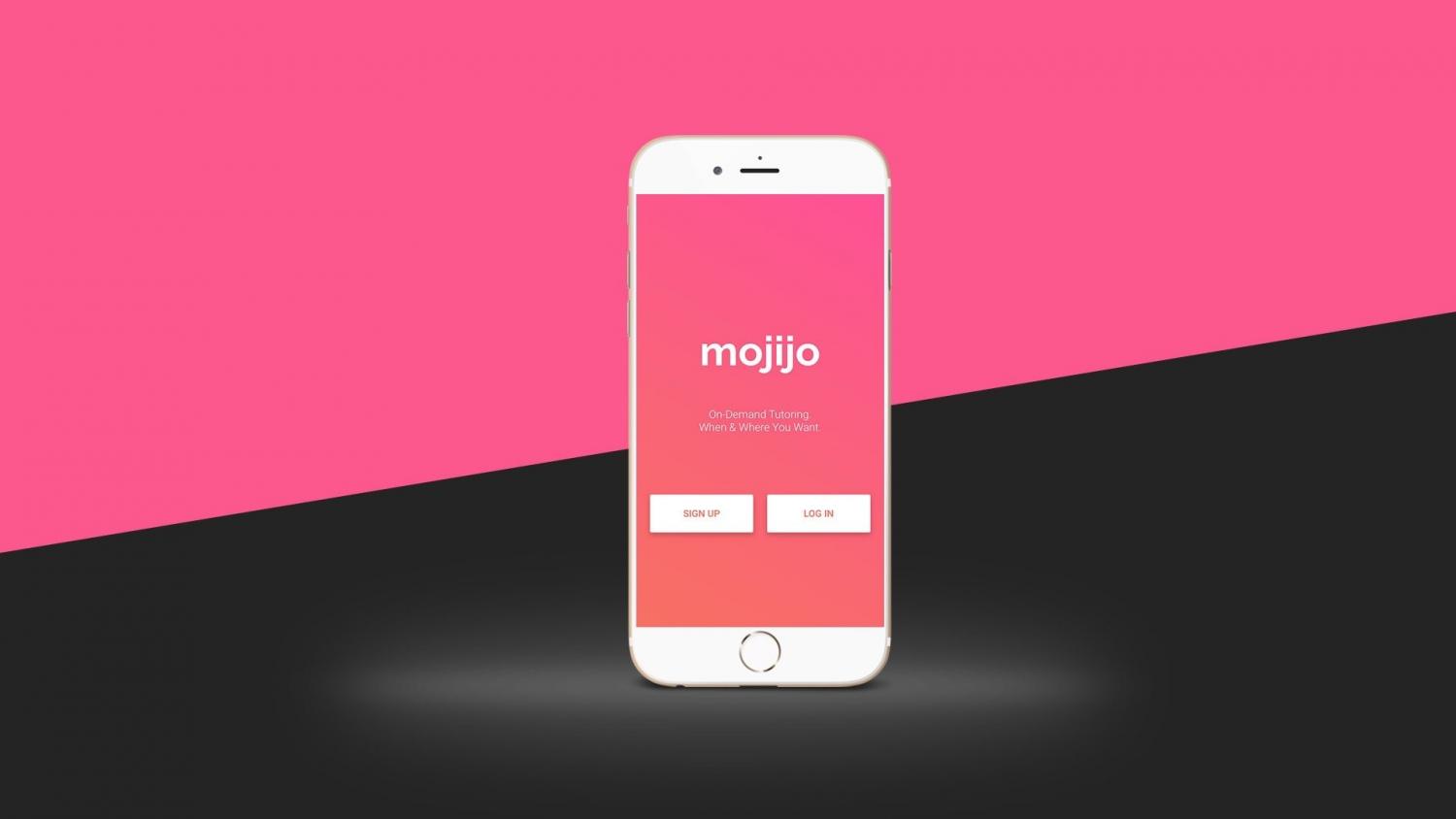
Uber for Tutors, Mojijo Turns Knowledge into Cash
We are truly in the era of Uber. Outside of the popular transport and food delivery service, the company’s model has been applied to such things as house cleaning, babysitting and even massage therapy. It was only a matter of time before some enterprising entrepreneur shaped the template into an uberized way to help students study.
Meet Jack Zuck, an “app”ly titled Human Support Guru and developer of Mojijo, the soon to be released on-demand tutoring app. Currently in his third year as a marketing student at the University of Guelph, his entrepreneurial nature comes naturally. What didn’t, however, were some accounting skills. It was via his tribulations in this particular class that the first seed was planted for a way to help students like himself while utilizing the technology they were all in tune with.
Zuck tells Ottawa Life that the trouble he was having forced him to seek extra teaching elsewhere. During his search for a tutor an idea began to germinate. Then, one day, it was almost as though you could see the little light bulb flick on above his head.
“While I was in the midst of my search, I thought what better way than a software to connect students to tutors with just a couple taps on their phone screen, and take the extra work out of the process of hunting for a tutor,” he explains, going on to say that the result is actually much simpler than most would expect.
 Mojijo works in providing two different paths for people to take. Students who are in need of help with a course can download the app, look up the class or even the concept of what they struggling with, and Mojijo will quickly plug them into a list of people with the qualifications to tutor them in the subject. On the other end, those with expertise in a certain subject can list themselves as tutors looking to help while making a little extra money for their time and advice.
Mojijo works in providing two different paths for people to take. Students who are in need of help with a course can download the app, look up the class or even the concept of what they struggling with, and Mojijo will quickly plug them into a list of people with the qualifications to tutor them in the subject. On the other end, those with expertise in a certain subject can list themselves as tutors looking to help while making a little extra money for their time and advice.
Zuck also points out how the work acquired from the app also can act as a welcomed resume credit. Branching off his entrepreneurial zest, others basically can become their own bosses. Tutors set their own hourly rates and times based on their availability. In short, they work when and how they want.
“The app is beneficial to others as it allows for students to help others just like themselves, and bridges the gap between tutors and students actively looking for help. Also, speaking from personal experience, with Teaching Assistants and Professors often providing hours which aren't exactly beneficial, it allows for students to receive help outside of the lecture hall or seminar room, when assistance would not usually be available,” says Zuck.
As the app prepares to launch, Zuck says that they are not looking too far ahead into the future of what this service might accomplish though the concept certainly is laying the groundwork for a possible revolutionary change in the way students brush up exams and assignments. More help, of course, means a stronger likelihood that those battling through courses will stick them out as opposed to abandoning them. Mojijo’s prelaunch goal of 10,000 registrations is certainly a reasonable one considering the demand for quality tutors.
“Right now we're just taking it a day at time…but if we can get involved in every school across Canada that would be most ideal. We already have a number of campus ambassadors who are actively promoting around their schools, some of these schools we didn't even think would take to the idea right away, or even plan on launching at to start off with, such as schools in Western Canada, which is something great to see.”

Students at select schools (including Carleton and the University of Ottawa) can pre-register now at mojijo.com.









